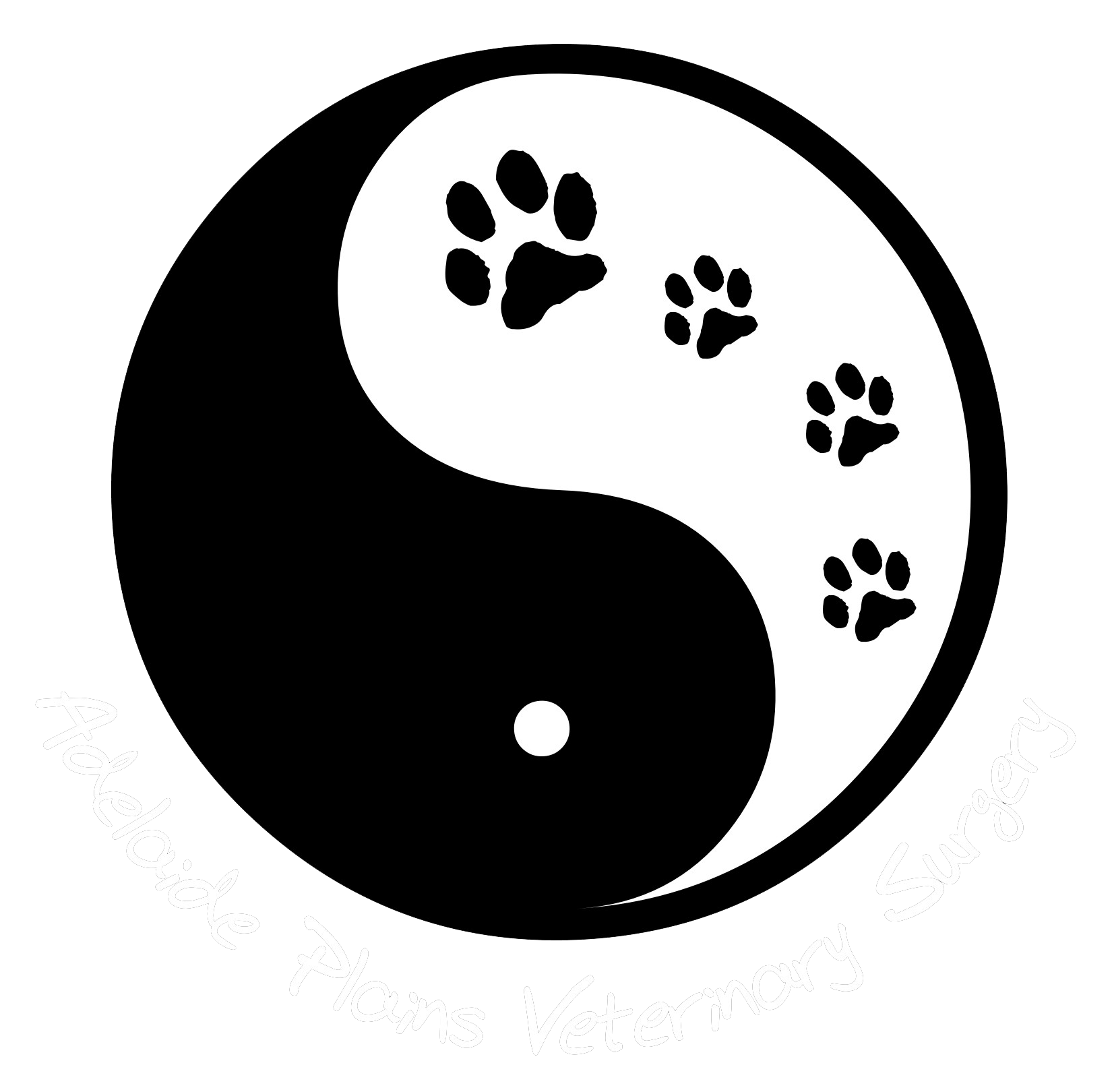Adelaide Plains Veterinary Surgery
Call: (08) 8520 3600
Mon-Fri (8am - 6pm)
Sat (8:30am - 12pm)
Chinese Herbal Medicine
Chinese herbal formulations have been in use for hundreds of years, so they have much clinical research into their effectiveness and safety. Many classical human formulas have been subtly altered to meet the specific requirements of our pet and patients and their often unique conditions.
Modern Chinese Herbal Medicines are produced under the strictest of quality control standards. The same as pharmaceutical drugs. This ensures consistency of the product and the most importantly repetition and reliability of results.
Herbal medications may be administered as pills, in capsules o as granulated concentrated extract powders. Most medications are best given twice daily. Often your pet will not like the taste or smell of the herbs. This may mean that they simply will not take them on top of their food. To provide the best care possible for your pet in may require some imagination and experimentation on how best to administer the medications. The herbs may be disguised in balls of meat, inside chicken hearts, capsules, coated with their favourite treats like peanut butter, Vegemite or sardine oil. They may also be wrapped up in small balls of rice paper (BOC papers) or dissolved in liquids and syringe fed. The aim is to try and disguise the taste and smell while allowing ease and compliance of administration so it is not an unpleasant experience for both you and your pet.
Sometimes your pet may have what appears to be an unexpected response both postive and negative to the medications. You should report this to the surgery as it may give us more information about the subtleties of your pets condition which may in time slightly alter the treatment plan.
If you are interested in consulting with a Veterinarian about Chinese Herbal Medicines please contact the surgery make an appointment with Dr John Katakasi.
Call us to make an appointment: (08) 8520 3600
Contact Us
Call us to make an appointment
Monday to Friday - 8:00 am to 6:00 pm
Saturday - 8:30 am to 12:00 noon
Sunday - Closed

